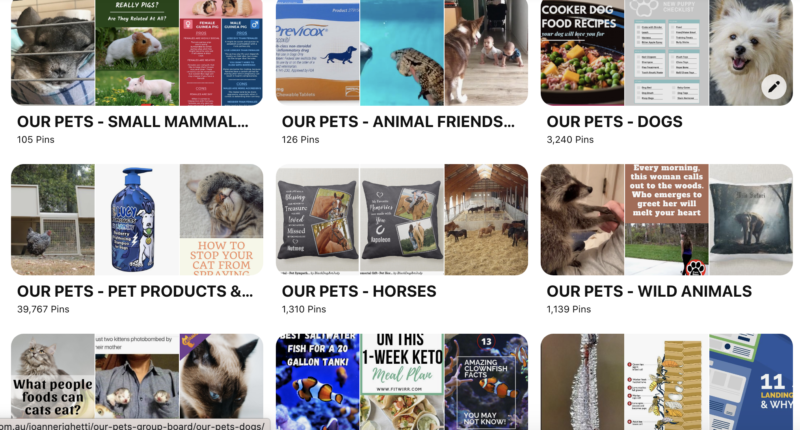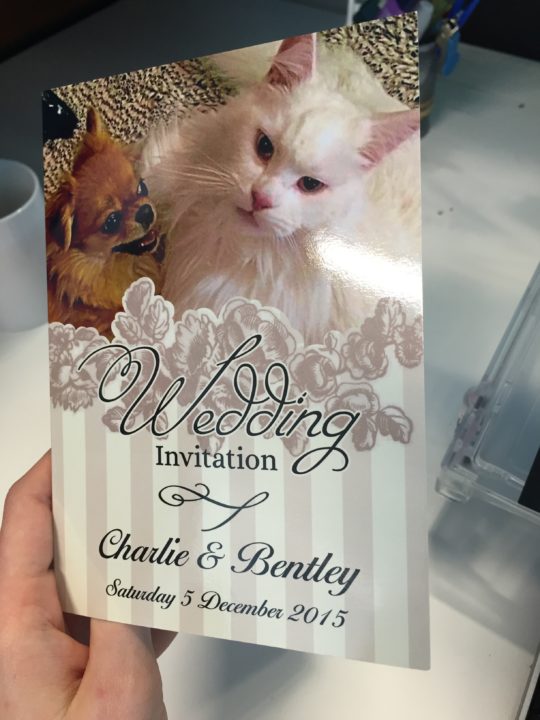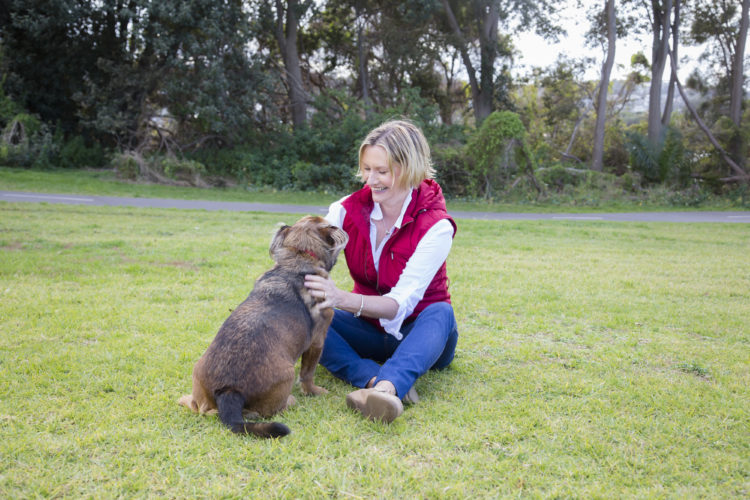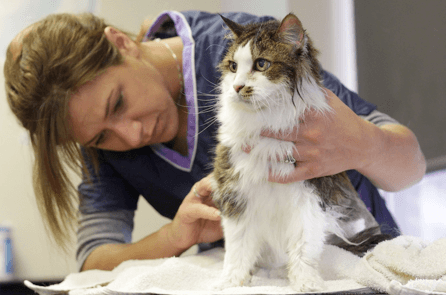No More Crazy Cat Ladies! Maybe there are crazy cat men?
This article was first published in the Pet Industry News and is reprinted with their kind permission.
|
Australia’s cat people: a special breed The stereotype of the ‘crazy cat lady’ is so entrenched in western culture, there’s even a crazy cat lady character on The Simpsons. But the latest findings from Roy Morgan Research show that male cat owners are just as likely—if not more so—than their female counterparts to diverge from population averages for their gender. Feline curious to know more? Read on… But firstly, a high-level snapshot of Australia’s pet-owning population. In 2015, 38.4% of Australians 14+ reported owning at least one dog, 23.6% reported owning at least one cat, 11.7% reported owning at least one dog and one cat, and 44.3% reported owning neither. Aussies with dogs but no cats account for 26.7% of the population (5.2 million people), well over double the proportion of those with cats but no dogs (11.8%, or 2.3 million people). This latter group—1.3 million of whom are women, with the remaining million being men—will forthwith be referred to as ‘cat people’. Pet Ownership in Australia
Cat people and Income Income is one of the areas in which male cat people diverge most markedly —and profitably— from the average Australian man. When it comes to incomes of $90,000 and above, male cat people consistently come out ahead. For example, compared to the average Australian man, they are:
 What’s more, male cat people are over-represented in certain occupations. Compared to the average Australian man, they are:
Despite being slightly more likely to be in paid employment than the average Australian woman, female cat people are under-represented in managerial and professional IT positions and do not exhibit such a clear-cut salary variation from the average. They are, however:
A question of Cattitude Whether male or female, Australian cat people are more likely than the population average to hold particular beliefs and attitudes. Whether owning a cat has influenced their way of thinking, or whether they favour cats because they think a certain way, is impossible to say — but as the table below reveals, a clear distinction exists between cat owners and the average Aussie. Happy at Home Given some of the attitudinal statistics above, it is not surprising that Australian cat people tend to be more likely than the population averages for their respective genders to enjoy certain home-based activities. In any given three months, men who own cats are more likely than the average Aussie man to play board games, work in the garden, pursue a hobby, read a novel and/or read a non-fiction book. Although they are less likely to have played a sport or gone to a nightclub, they don’t spend all their leisure time at home, with above-average proportions going to the movies and/or rock/pop concerts. Female cat people are also above-average for their gender for playing board games and/or engaging in hobbies. Like cat-owning men, however, they are not complete recluses, and are more likely than the average Aussie woman to go to the cinema and/or rock and pop concerts in any given three months.
Postscript Meanwhile, at 68.9%, the proportion of male cat people are married/de facto outstrips the population average for men (63.1%).  Andrew Price, General Director – Consumer Products, Roy Morgan Research, says: “The time has come to get over the crazy cat lady cliché once and for all! While it is true that women—and men—who own cats do tend to differ from the average in many ways (just a few of which are described in this story), this is not a bad thing. “After all, cats are very much a la mode at the moment: witness the universal popularity of online cat videos, the rise of celebrity felines such as Lil Bub, Grumpy Cat and Karl Lagerfeld’s pampered pussycat Choupette, and the proliferation of cat-themed fashion. Savvy brands and businesses that understand Australia’s cat people and what makes them tick could do a lot worse than tailoring their communications to reach this potentially lucrative consumer group. ”According to Roy Morgan’s in-depth consumer profiling tool Helix Personas, cat people are over-represented in high-value groups such as the older, refined Set for Life, the socially aware and well-educated Worldly and Wise, and the upwardly mobile, trendy Big Future. “And ‘dog people’? Of course, they too have their own unique features and stand-out Helix Personas, but that’s another story…” |
Source: Pet Industry News
Do you know any crazy cat men?
For all crazy cat men and women… join us on Pinterest

3 comments
Comments are closed.
 (Source: Roy Morgan Single Source (Australia), January – December 2015 (n=15,367).)
(Source: Roy Morgan Single Source (Australia), January – December 2015 (n=15,367).)






What a great post! We joke that the hubster is a bit of a “cat whisperer” – he loves cats, and they all seem to love him right back. Not sure if the better income part is true though 😉
It would be nice if cats made us rich! But our lives are definitely richer for having cats 🙂